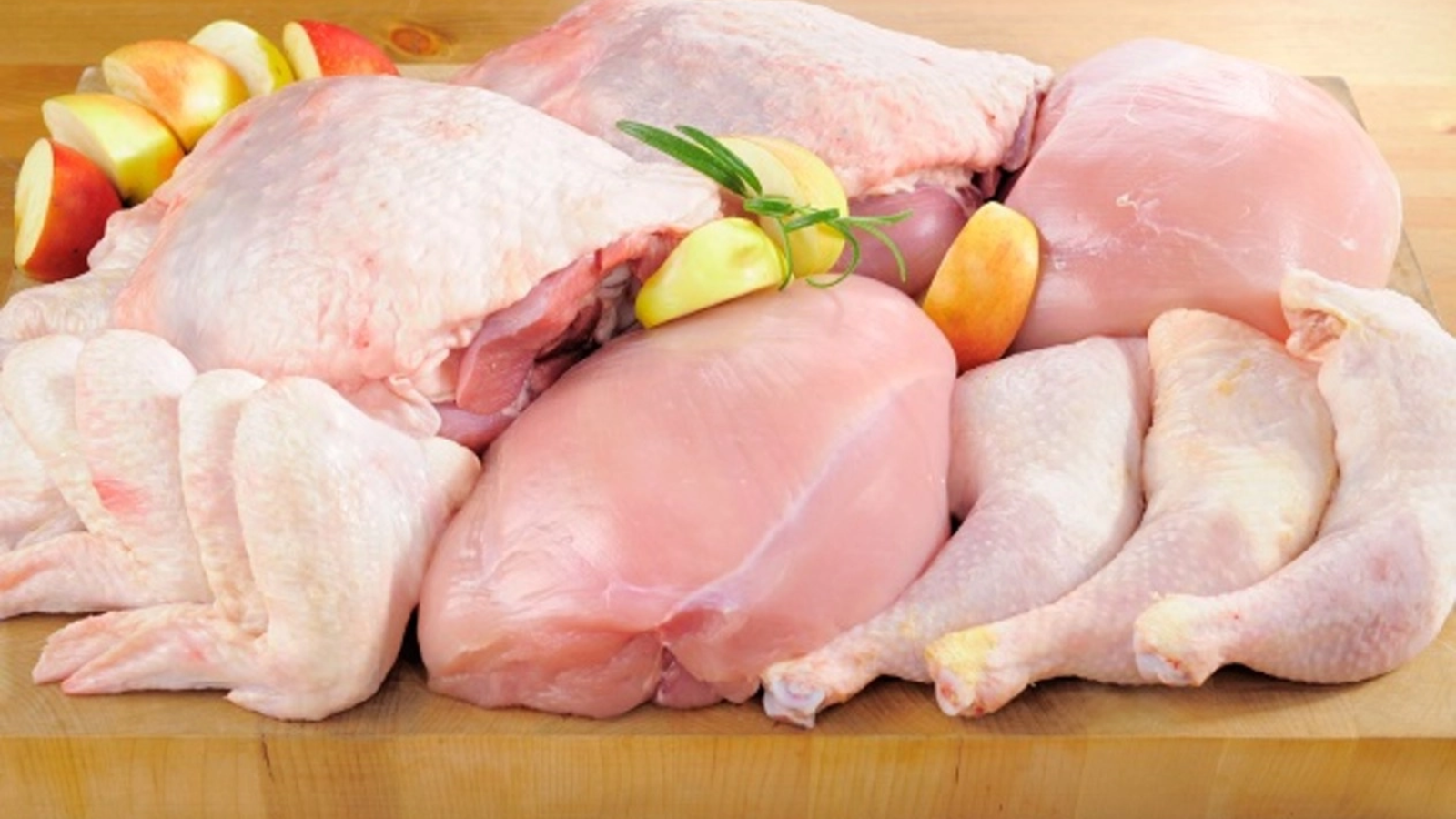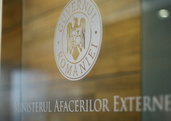More than 80% of Romanians consume chicken meat at least once a month, consolidating its position as a staple food, and 76% of them say they would buy slower growing chickens if they had easy access to them in stores, according to the findings of a survey released on Friday.
Chicken meat remains an essential food in the diet of Romanians, but increasingly more consumers are demanding transparency and higher standards of animal welfare. A new survey conducted by MKOR for the FREE Association shows that three in four Romanians (76%) would buy slower growing chickens if they had easy access to them in stores.
"Over 80% of Romanians consume chicken meat at least once a month, consolidating its position as a staple food. 51% say they eat more chicken than they did a year ago, citing the taste, affordability and versatility of this type of meat. However, with the increase in consumption, expectations for quality and transparency are also increasing," shows the study "The Modern Consumer and Ethical Choices: Chickens Raised in Welfare Conditions."
Romanian consumers are becoming increasingly more aware of the implications of food choices. Over 59% consider it essential that chickens be raised without growth accelerators, and one in five say they are concerned about the impact of industrial methods on health. In addition, half of consumers say they changed their consumption habits in the last year, many of them in favour of products considered healthier or more ethical.
Although 95% of consumers say they check the label when buying chicken, only half say that the information provided is sufficient to make the right decision. Tests carried out during the research showed that positive information is visible on the packaging, while negative information is omitted. That generated the feeling of deception among consumers.
"It is clear to me now that the lack of information has created a very wrong purchase. If all these details were available on the label, if there were a standard, it would become an important selection criterion. I would prefer organic chicken, even at a higher price," said a focus group participant in the 25-35 age class.
"Slower growing", "conventional chicken", "natural" - these are terms perceived differently from one package to another. Only 24% of Romanians understand what conventional breeding entails, while the "faster growing chicken" is correctly guessed by 83%.
The lack of standardisation and the absence of key information, such as growth rate, farm density or treatments applied, fuel mistrust, the survey indicates. Thus, 76% of respondents would buy slower growing chicken meat if it were available.
The desire is clear: Romanians want options that support a healthier lifestyle and a more responsible relationship with the environment and animals. There is a clear demand for transparency, comparable labelling and products grown in higher welfare conditions.'
Price is not a major impediment, as consumers are willing to pay between RON 23 and RON 30 kg for slower growing chicken, if the information about the origin and growing conditions is clear and transparent.
"Consumers deserve to have access to clear and transparent information so that they can make conscious and fair choices on the shelf. Currently, the mandatory mentions on the labels do not provide clarification about the real conditions in which the chickens were raised. Terms such as raised on the ground' can create the wrong impression that animals have had access to the outdoors, although this is not the case. The interest in chickens raised in proper conditions, from ethical sources, is growing, which indicates a significant change in the market, and in this context, producers will have to pay more attention to transparency, quality and certification," according to Alexandra Stefan, project manager of the FREE Animals Association.
These behavioural changes confirm that sustainability is becoming an increasingly important criterion in Romanians' purchasing decisions and at the same time opens up opportunities for producers and retailers, the survey concludes.
The report "The Modern Consumer and Ethical Choices: Chickens Raised in Welfare Conditions" is designed to better understand the habits, perceptions and expectations of Romanian consumers regarding chicken meat and labelling. It was carried out between March and April 2025.
MKOR is a market research agency. In its activity, MKOR covers all types of research and offers increased flexibility to its clients, in order to understand and deliver detailed market insights.
































Comentează